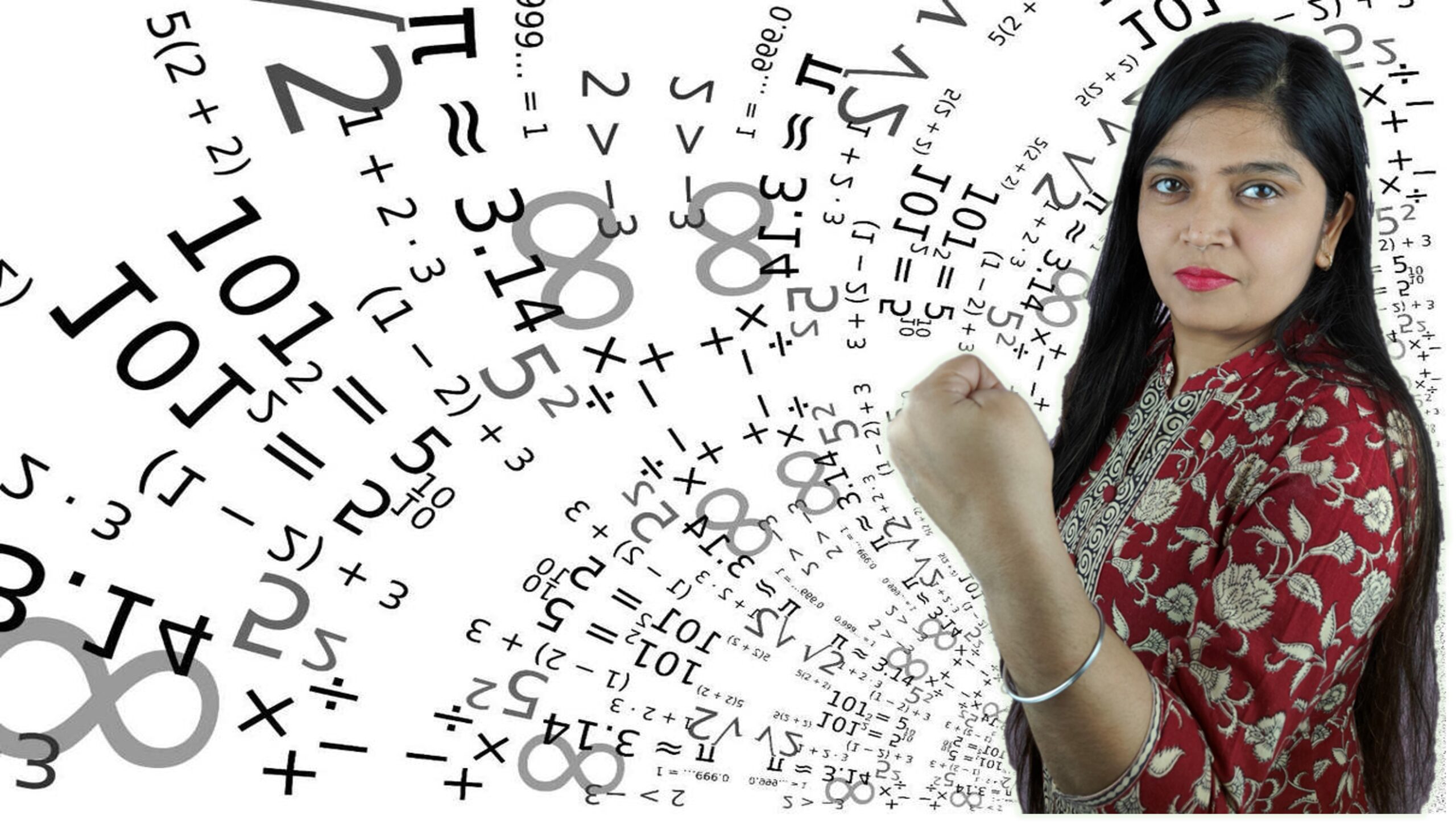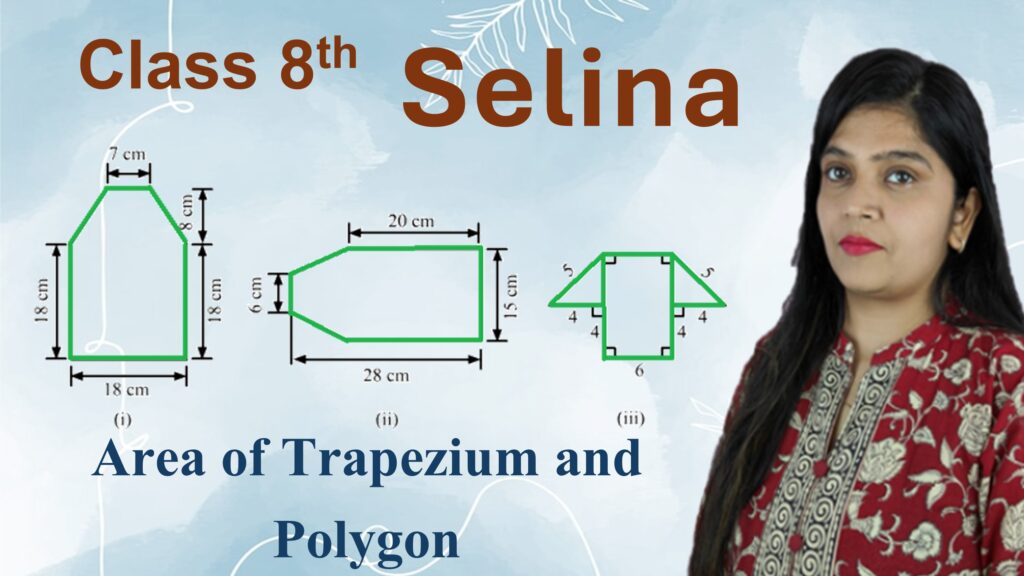Exercise: 1-D
Q1: Round each of the following numbers to the nearest ten:
i. 54
Last digit = 4 (less than 5)
So, round down to the nearest ten:
54 → 50
Answer: 50
ii. 327
Last digit = 7 (greater than or equal to 5)
So, round up to the nearest ten:
327 → 330
Answer: 330
iii. 2,793
Last digit = 3 (less than 5)
So, round down:
2,793 → 2,790
Answer: 2,790
iv. 8,049
Last digit = 9 (greater than or equal to 5)
So, round up:
8,049 → 8,050
Answer: 8,050
v. 12,345
Last digit = 5 (equal to 5)
So, round up:
12,345 → 12,350
Answer: 12,350
Q2: Round each of the following numbers to the nearest hundred:
i. 925
Tens digit = 2 (less than 5)
So, round down:
925 → 900
Answer: 900
ii. 6,854
Tens digit = 5 (equal to or greater than 5)
So, round up:
6,854 → 6,900
Answer: 6,900
iii. 41,263
Tens digit = 6 (greater than 5)
So, round up:
41,263 → 41,300
Answer: 41,300
iv. 27,861
Tens digit = 6 (greater than 5)
So, round up:
27,861 → 27,900
Answer: 27,900
v. 5,549
Tens digit = 4 (less than 5)
So, round down:
5,549 → 5,500
Answer: 5,500
Q3: Round each of the following numbers to the nearest thousand:
i. 7,386
Rounding to nearest 1,000 → Look at hundreds place (3)
Since 3 < 5 → Round down
7,000
ii. 34,276
Hundreds digit is 2 → Round down
34,000
iii. 23,804
Hundreds digit is 8 → Round up
24,000
iv. 76,540
Hundreds digit is 5 → Round up
77,000
Q4: Find the approximate sum to the nearest ten:
i. (72 + 37)
Round off: 72 → 70, 37 → 40
70 + 40 = 110
ii. (264 + 348)
264 → 260, 348 → 350
260 + 350 = 610
iii. (2,538 + 6,274)
2,538 → 2,540, 6,274 → 6,270
2,540 + 6,270 = 8,810
iv. (4,782 + 2,345)
4,782 → 4,780, 2,345 → 2,350
4,780 + 2,350 = 7,130
Q5: Find the approximate sum to the nearest hundred:
i. (347 + 476)
347 → 300, 476 → 500
300 + 500 = 800
ii. (654 + 247)
654 → 700, 247 → 200
700 + 200 = 900
iii. (5,240 + 3,421)
5,240 → 5,200, 3,421 → 3,400
5,200 + 3,400 = 8,600
iv. (9,483 + 6,572)
9,483 → 9,500, 6,572 → 6,600
9,500 + 6,600 = 16,100
Q6: Find the approximate sum to the nearest thousand:
i. (43,728 + 36,275)
43,728 → 44,000, 36,275 → 36,000
44,000 + 36,000 = 80,000
ii. (37,804 + 22,475)
37,804 → 38,000, 22,475 → 22,000
38,000 + 22,000 = 60,000
iii. (6,785 + 2,476)
6,785 → 7,000, 2,476 → 2,000
7,000 + 2,000 = 9,000
Q7: Find the approximate difference to the nearest ten:
i. (64 – 29)
Rounded: 64 → 60, 29 → 30
60 – 30 = 30
ii. (186 – 49)
Rounded: 186 → 190, 49 → 50
190 – 50 = 140
iii. (429 – 206)
Rounded: 429 → 430, 206 → 210
430 – 210 = 220
Q8: Find the approximate difference to the nearest hundred:
i. (769 – 435)
Rounded: 769 → 800, 435 → 400
800 – 400 = 400
ii. (859 – 675)
Rounded: 859 → 900, 675 → 700
900 – 700 = 200
iii. (8,359 – 4,317)
Rounded: 8,359 → 8,400, 4,317 → 4,300
8,400 – 4,300 = 4,100
Q9: Find the approximate difference to the nearest thousand:
i. (45,783 – 38,695)
Rounded: 45,783 → 46,000, 38,695 → 39,000
46,000 – 39,000 = 7,000
ii. (38,005 – 29,375)
Rounded: 38,005 → 38,000, 29,375 → 29,000
38,000 – 29,000 = 9,000
iii. (7,654 – 4,368)
Rounded: 7,654 → 8,000, 4,368 → 4,000
8,000 – 4,000 = 4,000
Q10: Estimate each of the following products by rounding off each number to the nearest ten:
i. (49 × 72)
Rounded: 49 → 50, 72 → 70
50 × 70 = 3,500
ii. (39 × 62)
Rounded: 39 → 40, 62 → 60
40 × 60 = 2,400
iii. (63 × 57)
Rounded: 63 → 60, 57 → 60
60 × 60 = 3,600
iv. (35 × 43)
Rounded: 35 → 40, 43 → 40
40 × 40 = 1,600
Q11: Estimate each of the following products by rounding off each number to the nearest hundred:
i. (264 × 334)
Rounded: 264 → 300, 334 → 300
300 × 300 = 90,000
ii. (457 × 872)
Rounded: 457 → 500, 872 → 900
500 × 900 = 4,50,000
iii. (381 × 316)
Rounded: 381 → 400, 316 → 300
400 × 300 = 1,20,000
iv. (455 × 138)
Rounded: 455 → 500, 138 → 100
500 × 100 = 50,000
Q12: Find the approximate quotient for each of the following:
i. (86 ÷ 27)
Rounded: 86 → 90, 27 → 30
90 ÷ 30 = 3
ii. (83 ÷ 19)
Rounded: 83 → 80, 19 → 20
80 ÷ 20 = 4
iii. (286 ÷ 25)
Rounded: 286 → 300, 25 → 30
300 ÷ 30 = 10
iv. (865 ÷ 38)
Rounded: 865 → 900, 38 → 40
900 ÷ 40 = 22.5 → 23






Leave a Comment